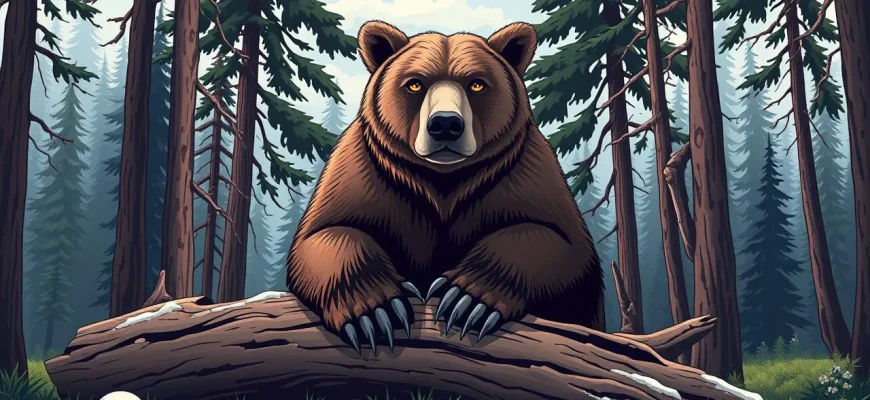The vast, untamed wilderness of the taiga has always been a backdrop for thrilling tales of survival and adventure. These films not only entertain but also offer insights into human resilience, the beauty of nature, and the challenges of living off the grid. This collection of adventure films set in the taiga provides viewers with a unique blend of excitement, survival skills, and breathtaking landscapes, making it a must-watch for anyone fascinated by the wild.
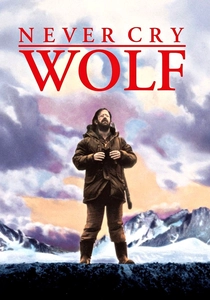
Never Cry Wolf (1983)
Description: A biologist is sent to study wolves in the Canadian Arctic, facing the harsh realities of the taiga. Its inclusion highlights the survival aspect and the interaction with wildlife.
Fact: The film was shot in the Yukon, Canada, and used real wolves for authenticity. It was based on the book by Farley Mowat.
 Watch Now
Watch Now
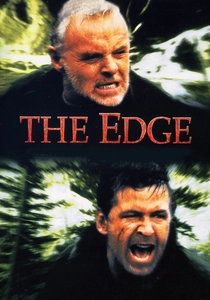
The Edge (1997)
Description: After their plane crashes in the Alaskan wilderness, three men must survive against the odds, including a bear attack. The film's survival theme and taiga setting make it a perfect fit for this list.
Fact: Alec Baldwin and Anthony Hopkins performed many of their own stunts. The bear in the film was a real Kodiak bear named Bart.
 Watch Now
Watch Now
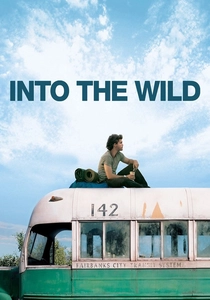
Into the Wild (2007)
Description: Based on a true story, this film chronicles the journey of Christopher McCandless into the Alaskan wilderness, where he lives in isolation. It's included for its focus on self-discovery and survival in the taiga.
Fact: The film was shot in many of the actual locations where McCandless traveled. Emile Hirsch lost 40 pounds to portray the emaciated McCandless accurately.
 Watch Now
Watch Now
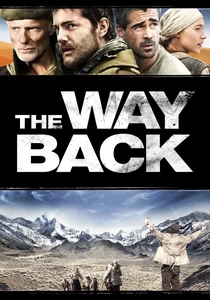
The Way Back (2010)
Description: A group of prisoners escapes from a Siberian gulag and treks through the taiga to freedom. The film's focus on survival and the vast, unforgiving landscape makes it a fitting choice.
Fact: The film was inspired by the memoir of Slavomir Rawicz, though the authenticity of his story has been questioned. The journey was filmed in Bulgaria, Morocco, and India.
 Watch Now
Watch Now
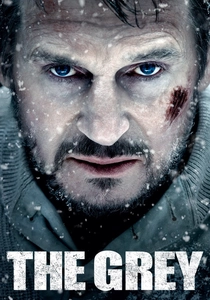
The Grey (2011)
Description: After a plane crash in the Alaskan wilderness, survivors must fend off wolves and the elements. The film's intense survival narrative and taiga setting are key reasons for its inclusion.
Fact: Liam Neeson performed many of his own stunts. The film's ending was intentionally left ambiguous to reflect the harsh reality of survival.
 Watch Now
Watch Now
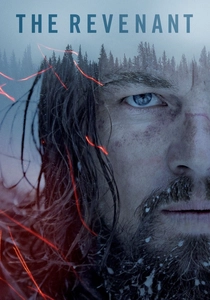
The Revenant (2015)
Description: This film follows Hugh Glass, a frontiersman left for dead after a bear maul, as he navigates the harsh taiga to seek revenge. Its inclusion is due to the intense survival elements and the portrayal of the unforgiving wilderness.
Fact: Leonardo DiCaprio won an Oscar for Best Actor for his role in this film. The film was shot in chronological order to capture the natural progression of DiCaprio's character's physical and emotional journey.
 Watch Now
Watch Now
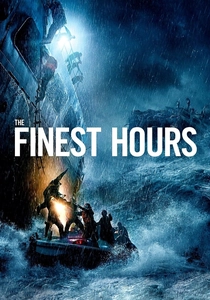
The Finest Hours (2016)
Description: While not set in the taiga, this film's theme of survival against nature's fury, with its focus on a Coast Guard rescue mission, aligns with the spirit of this collection.
Fact: The film was based on a true story from
 Watch Now
Watch Now
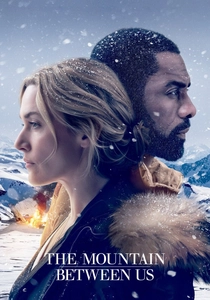
The Mountain Between Us (2017)
Description: After a plane crash in the Rockies, two strangers must work together to survive. Its survival theme and the harsh mountain environment make it relevant.
Fact: The film was shot in British Columbia, Canada, to replicate the harsh conditions of the Rockies. Idris Elba and Kate Winslet did many of their own stunts.
 Watch Now
Watch Now
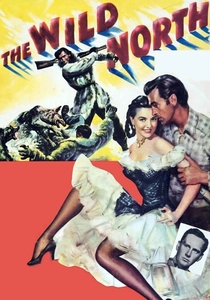
The Wild North (1952)
Description: A trapper in the Canadian wilderness must survive after being accused of murder. Its classic depiction of survival in the taiga and the historical context make it a unique entry.
Fact: Stewart Granger, who played the lead, was known for his roles in adventure films. The film was shot in Canada, capturing the essence of the wild north.
 30 Days Free
30 Days Free
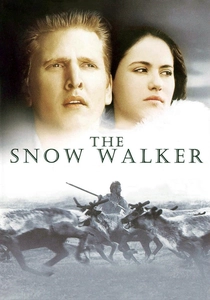
The Snow Walker (2003)
Description: A pilot and an Inuit woman must survive after a plane crash in the Arctic. The film's focus on survival in the taiga and the cultural exchange make it a unique addition.
Fact: The film was shot in Nunavut, Canada, with many Inuit actors. The story is based on a short story by Farley Mowat.
 30 Days Free
30 Days Free

